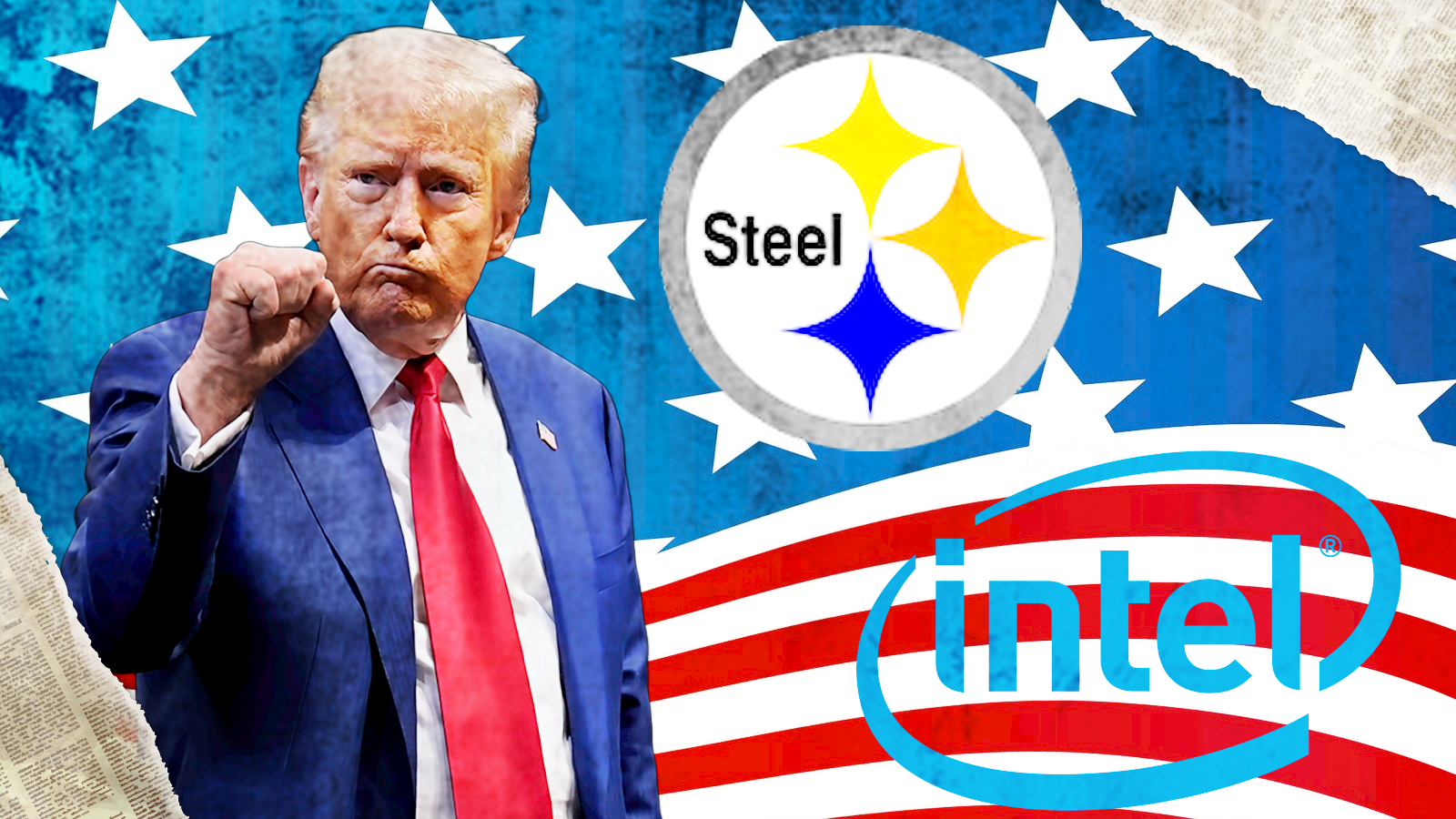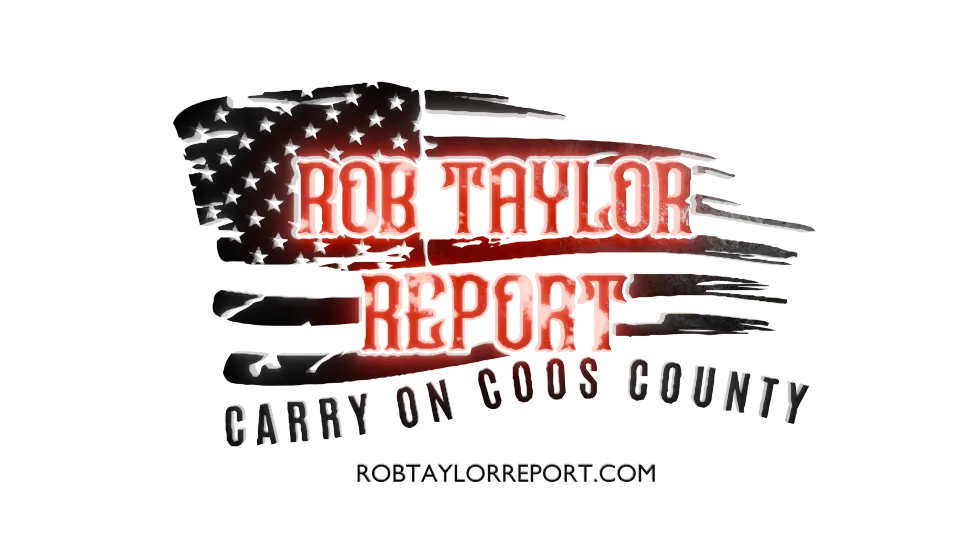
Government Ownership of Private Business is Bad Economic Policy
The people voted for a President, not a business partner.
The Trump administration quietly acquired controlling stakes in two of America's most recognizable corporations.
Intel became 10% government-owned when Commerce Secretary Howard Lutnick announced an $8.9 billion investment. The government purchased 433.3 million shares at $20.47 each, making it Intel's largest single shareholder.
US Steel received even more direct government control. The administration secured a "golden share" arrangement giving Trump personal veto power over major business decisions. Nippon Steel cannot close factories or cut salaries without presidential approval.
An Economic Reality
Government ownership fundamentally changes how corporations operate.
Companies shift focus from serving customers to pleasing government officials. Political considerations override market forces. Bureaucratic decision-making replaces entrepreneurial innovation.
International Monetary Fund studies confirm that state-owned enterprises consistently underperform private companies. They show reduced profitability and efficiency compared to market-driven competitors.
The data reveals concerning productivity gaps. Government-influenced companies create "negative productivity spillovers" that drag down entire economic sectors.
Political Control Mechanisms
The golden share structure concentrates unprecedented power in the president's hands.
It is a dangerous policy to put the decisions of major US industries into the hands of politicians whose beliefs change with each new election. Individual politicians now have authority over major corporate decisions affecting thousands of workers. Private unions will have the power to elect their bosses.
Intel faces particular challenges with 76% of revenue coming from international markets. China contributes 29% of total revenue, while the US provides only 24.5%. Government ownership creates direct conflicts between corporate interests and political objectives.
Constitutional Concerns
These arrangements represent significant departures from traditional American capitalism.
Policy experts warn about normalized government intervention in private enterprise. The Atlantic Council questions what prevents the government from "always taking a golden share in any cross-border merger of interest."
Critics describe this as "norm-shattering expansion of presidential authority into the business world" occurring without clear crisis justification.
Milton Friedman identified the fundamental conflict when government serves as both market participant and legal arbitrator. In "Free to Choose," he argued that the government's proper role involves establishing and enforcing rules of fair competition, not competing directly with private enterprise.
Government ownership creates inherent conflicts of interest. The same entity that regulates Intel now owns 10% of the company. How can federal agencies impartially enforce antitrust laws, environmental regulations, or labor standards against corporations where the government holds financial stakes?
Friedman warned that government participation in markets corrupts the rule of law. Regulatory decisions become influenced by the government's financial interests rather than public welfare. Competition becomes rigged in favor of government-owned enterprises.
The economist emphasized that free markets require impartial referees, not players with financial skin in the game. When the government owns corporate shares, it cannot fairly adjudicate disputes involving those companies. Legal neutrality disappears when financial incentives align government interests with specific corporate outcomes.
Constitutional separation of powers demands clear boundaries between the government's regulatory authority and private enterprise. Government ownership violates this principle by combining legislative, executive, and economic power in ways the founders never intended.
The Taxpayer Burden
Government ownership creates "too big to fail" scenarios where taxpayers must rescue struggling companies.
Politicians make decisions benefiting government-invested corporations rather than consumers. Market competition becomes secondary to political calculations. Economic efficiency suffers under bureaucratic management.
The pattern suggests expanding government control over private enterprise. Defense contractors present particular concerns where government ownership could incentivize military interventions to increase investment values.
A Historical Parallel
Ludwig von Mises witnessed similar government interventions in 1930s Germany and warned about their inevitable consequences.
The Nazi regime implemented extensive government control over private corporations while maintaining the facade of private ownership. Companies remained nominally private but operated under strict government direction. Business decisions served political objectives rather than market demands.
Mises identified this system as a form of socialism disguised as capitalism. In his work "Omnipotent Government," he explained how government control over business decisions destroys genuine market mechanisms even when private property titles remain intact.
The economist predicted that such arrangements would lead to economic inefficiency, reduced innovation, and eventual systemic collapse. Government officials lack the market signals necessary for rational financial calculation.
Current US government ownership stakes mirror these historical patterns. Political considerations now influence corporate decisions at Intel and US Steel. Market forces become subordinate to bureaucratic preferences.
Mises warned that once government gains control over key industries, the intervention inevitably expands. Each government failure requires additional intervention to address the problems created by previous interventions.
These historical parallels are in no way intended to compare President Trump to the murderous despot, Adolf Hitler. Hitler was a bigoted psychopath bent on world domination, while Trump, with all his faults, has been, so far, one of the best presidents this country has ever seen.
Trump is the right man for our time. Just not on this issue
The parallel being distinguished is not between the two leaders, but the bases of their economic policies. The policy can be called crony capitalism, corporate welfare, or corporatism. No matter what term they use, the policy is equally detrimental to the basic functions of the capitalist markets.
Hitler should have taken the advice of Mises, who eventually fled Germany because of his Jewish heritage. He knew the Hitler Regime would have ultimately murdered him. Hitler ignored Misses, and this is why criticism of Trump’s economic policy is warranted, particularly for not just intervening in the market but also purchasing and participating in part of it.
Free Market Alternative
True economic prosperity requires the separation of government and business.
Constitutional principles demand a limited government that respects private property rights. Market forces, not political calculations, should determine corporate success. Consumer choice, not bureaucratic preference, should drive business decisions.
The welfare-warfare-regulatory state undermines economic freedom. Only genuine free markets, limited government, and peaceful trade policies can restore American prosperity.
Government ownership of private corporations represents a dangerous precedent threatening the foundations of American capitalism.
